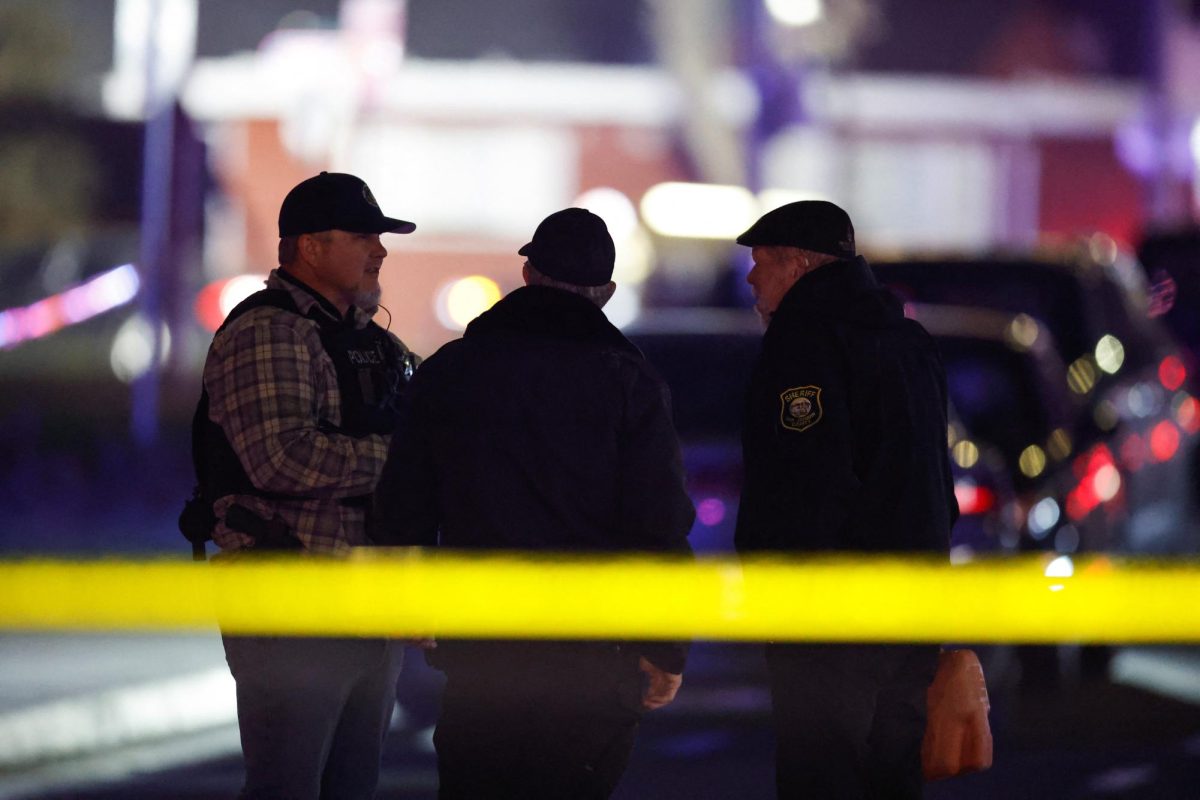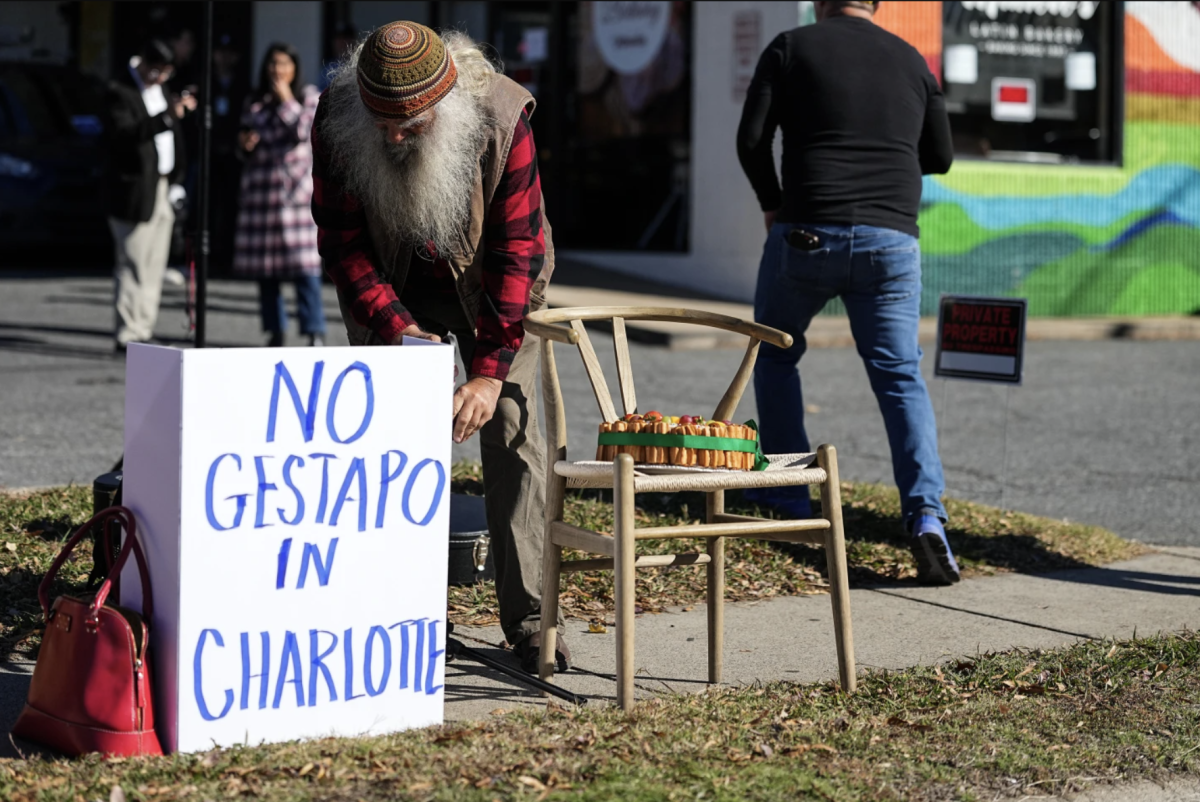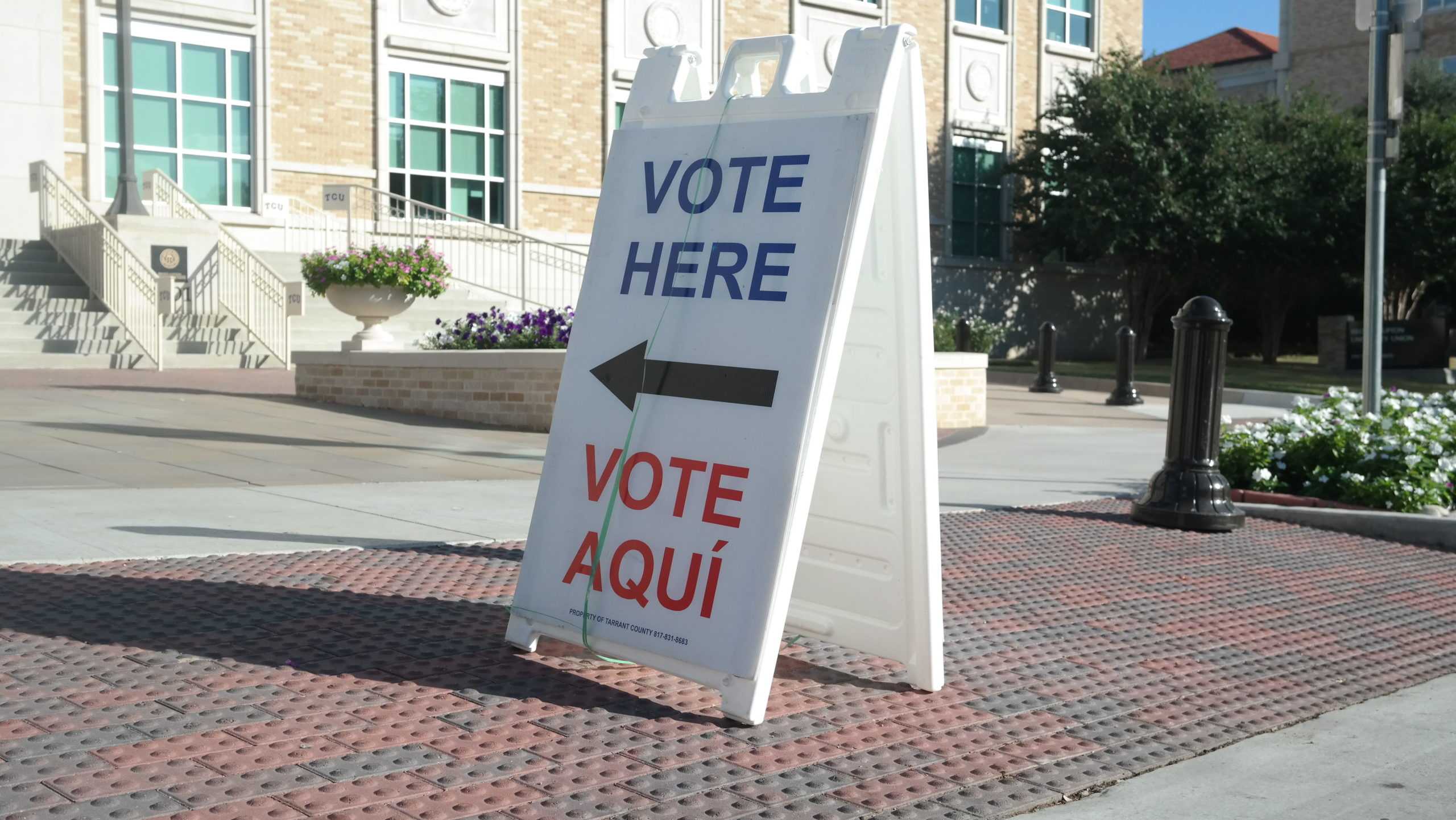
Voting on campus for next year’s general election could be blocked under a new Texas law.
House Bill 1888, which went into effect in September, requires all early-voting sites to operate for the entire 12-day early-voting period.
In the past, locations — such as TCU — have been allowed to be open for shorter time periods. For example, during the 2018 midterms, an early voting site in the Brown-Lupton University Union was open for just four days.
Not all of the votes were cast by students, but a 2018 study of similar voting sites in Florida found that voters between the ages of 18-22 were 10 times more likely to vote at an on-campus location than an off-campus one.
The bill was passed mainly on party lines. Republican lawmakers argued the provision allowing for temporary polling locations needed to be eliminated because it was being abused in school bond elections.

“The stated intention of this bill was to limit the ability of certain localities, in particular in school bond elections, from temporarily placing voting sites in the schools that would benefit from those bond elections so as to ‘stuff the ballot box’ in favor of borrowing more money,” said Joshua Blank, director of research for the Texas Politics Project.
Critics argue that the bill is also an attempt suppress voter turnout among college students.
Last year’s midterms saw a surge in turnout by Texas’ younger voters – a 234% increase in turnout compared to the 2014 midterm election.
Democrats gained 12 seats in the Texas House in 2018, along with two each in the State Senate and U.S. House. Former Democratic Rep. Beto O’Rourke became the first Democratic to win Tarrant County in a U.S. Senate election in over 20 years.
Currently, Republicans control the legislature with a 17-seat margin. The majority party will be in charge of drawing new districts statewide and for Congress after the 2020 census is complete.
Texas Democrats suing state over new early-voting regulations
“This was an election that saw significant victories for Democratic candidates both at the local level and significantly more competitive elections at the state level,” Blank said.
Young voters
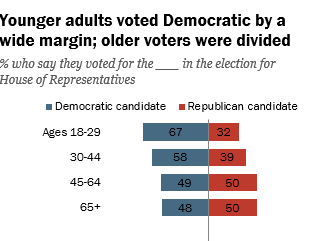
Voters aged 18-29 leaned strongly Democratic (67%) in the 2018 midterms, according to a study by the Pew Research Center. Looking forward, the 2020 election could see the first wave of influence from Generation Z. In Chegg’s State of the Student 2019 Report, 80 percent of college students said they planned to vote.
However, under the new law, temporary sites at places like TCU, the University of Texas at Arlington and Tarrant County Community College will have to be operational for the entire 12 day early-voting period or not be offered as an early-voting site.
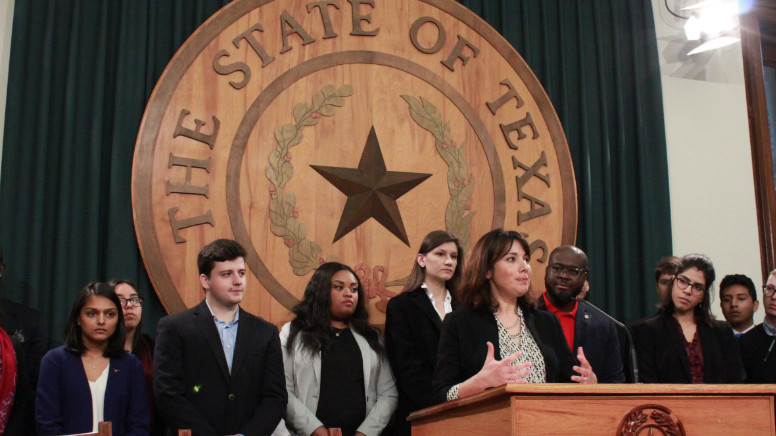
Texas Coordinator for the Campus Vote Project Maya Patel stressed the importance of convenience in a student’s ability to vote.
“Having a polling location on campus allows a student to not have to spend time traveling to a location because they’re already on campus and to just be able to have an easier time accessing polls,” she said. “Especially in places where there is not good public transportation and students don’t have cars.”
There’s a chance TCU could opt to become a full-time polling place.
Abby Vernacchia, academic affairs committee chair for the student government association, said that SGA is looking to work with school and county officials to advocate for a full time early-polling location next November.
“I think it’s something, come closer to, SGA will be talking about how can we assist our students because I think it’s important that our students vote and I think it’s really important that our faculty and staff are able to vote on campus,” she said.
Verncacchia mentioned the potential ideas of using money from SGA’s general fund to offset some of the county’s costs in hosting the site and getting students registered as election workers to help staff the site.
Budget concerns
Tarrant County has yet to decide whether they can afford to operate their polling sites at college campuses for the 12-day period.
At a commissioners court meeting last month, County Judge Glen Whitley said that they won’t know until they begin looking at the budget for 2020.
“A lot of the information that you may have heard with regards to the 2020 election is just not necessarily the case,” he said. “We won’t know until we get to 2020 and start looking at the elections.”
County Commissioner Roy Charles Brooks, whose precinct includes TCU, is a strong supporter of voting sites on college campuses.
“I will commit to you that I will do everything conceivable to make sure that there are voting sites on the campuses of our universities in this county,” he said.
Tarrant County Elections Administrator Heider Garcia said that some difficulties may arise if they decide to hold early-voting sites at the campuses for 12 straight days as opposed to just three.
“I want to wait until we have that discussions with the campuses to see what does it look like for two weeks in a row and not just three days that are contained,” he said.
He mentioned potential conflicts with parking, football games, and other weekend activities around the campuses.
Garcia said he will bring his initial plans to the commissioners court in the spring.







